Introduction to Veganism
Veganism is a lifestyle choice that excludes all animal products, not just from the diet but also from everyday life. The vegan diet focuses on consuming plant-based foods, which include fruits, vegetables, grains, nuts, seeds, and legumes. Many people adopt a vegan lifestyle for various reasons, including health benefits, environmental concerns, and ethical considerations regarding animal rights. As more people become aware of these issues, veganism continues to grow in popularity around the world.
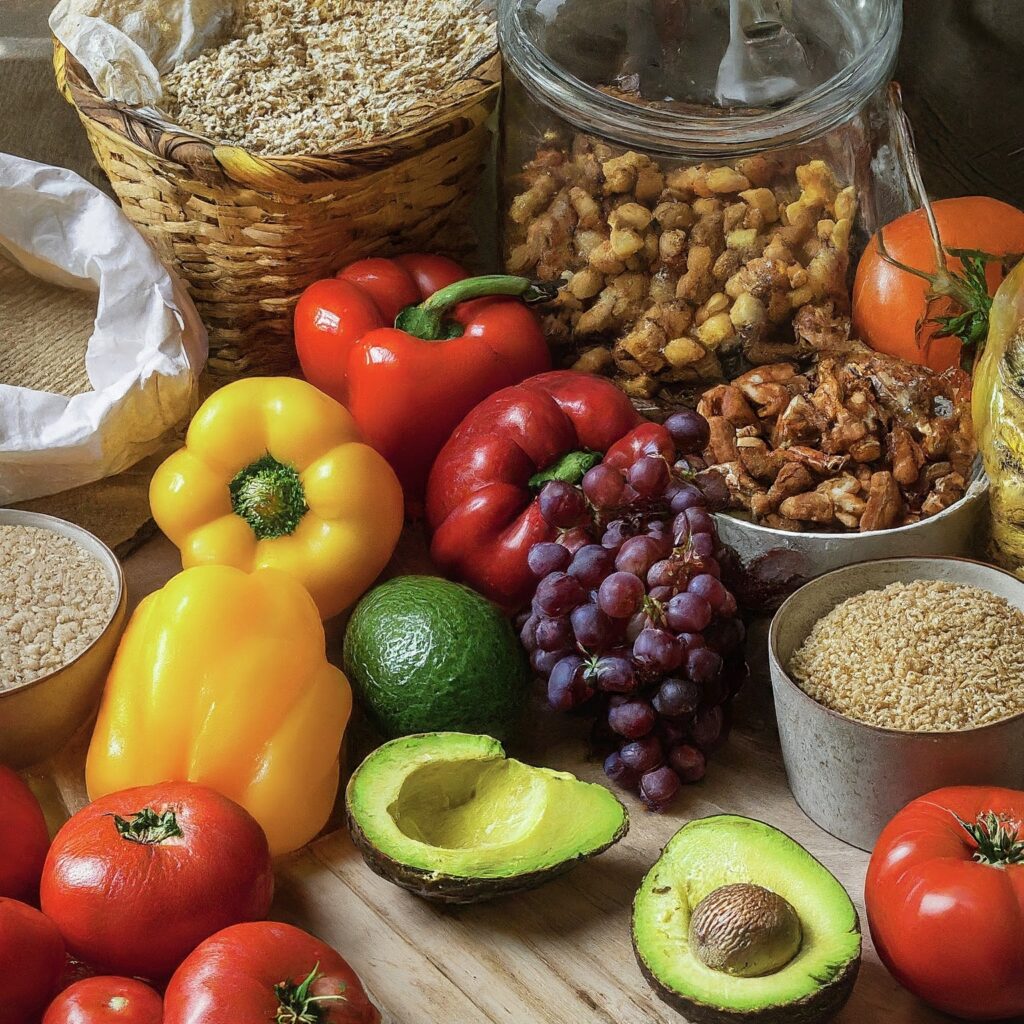
Essential Vegan Ingredients
A well-balanced vegan diet incorporates a variety of essential ingredients that provide the necessary nutrients and flavors for delicious meals:
- Tofu: Made from soybeans, tofu is a versatile protein source that can be grilled, sautéed, blended, or even used in desserts. It absorbs flavors well, making it a great base for many dishes.
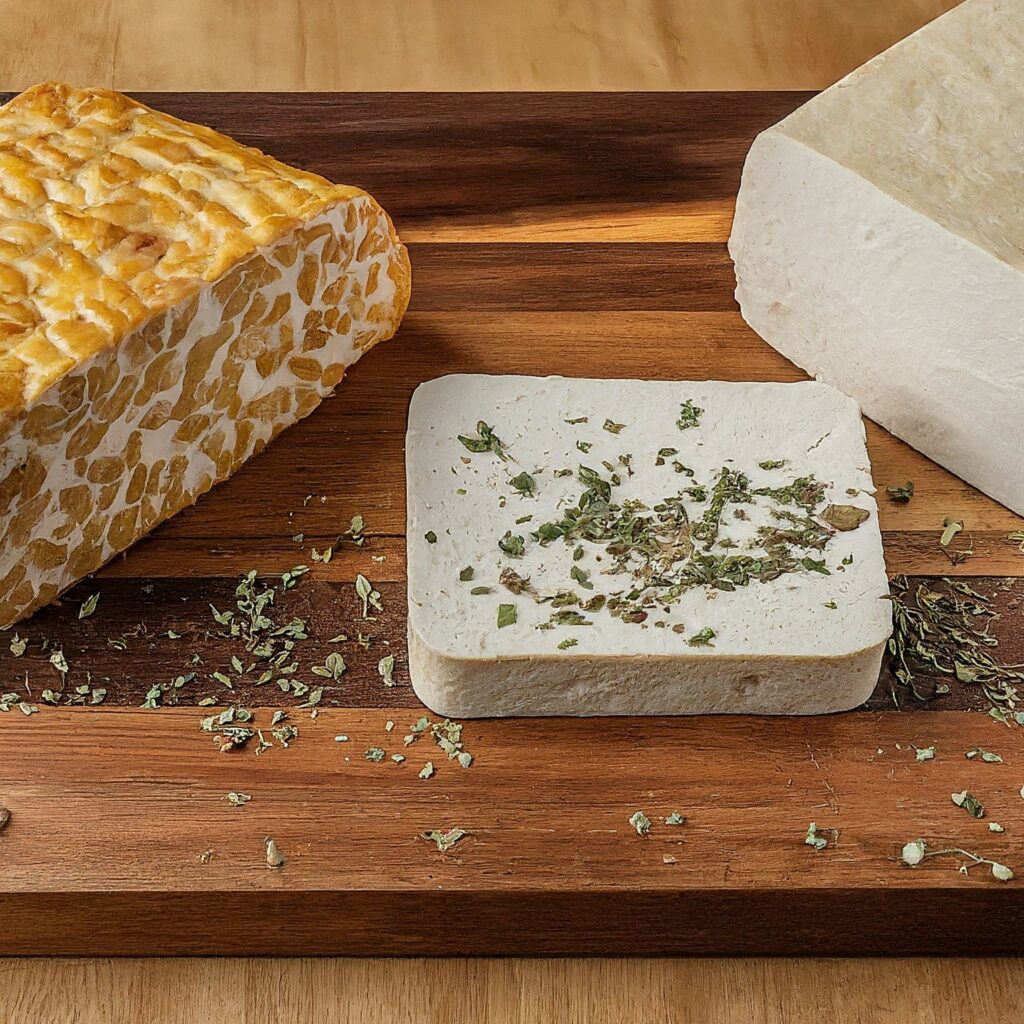
- Tempeh: Another soy product, tempeh is fermented and has a firmer texture and nutty flavor. It’s rich in protein, probiotics, and nutrients, making it an excellent meat substitute.
- Legumes: Beans, lentils, chickpeas, and peas are excellent sources of protein, fiber, and essential vitamins. They can be used in soups, stews, salads, and many other dishes.
- Nuts and Seeds: Almonds, walnuts, chia seeds, flaxseeds, and hemp seeds are packed with healthy fats, protein, and omega-3 fatty acids. They can be used in everything from baking to salad toppings.
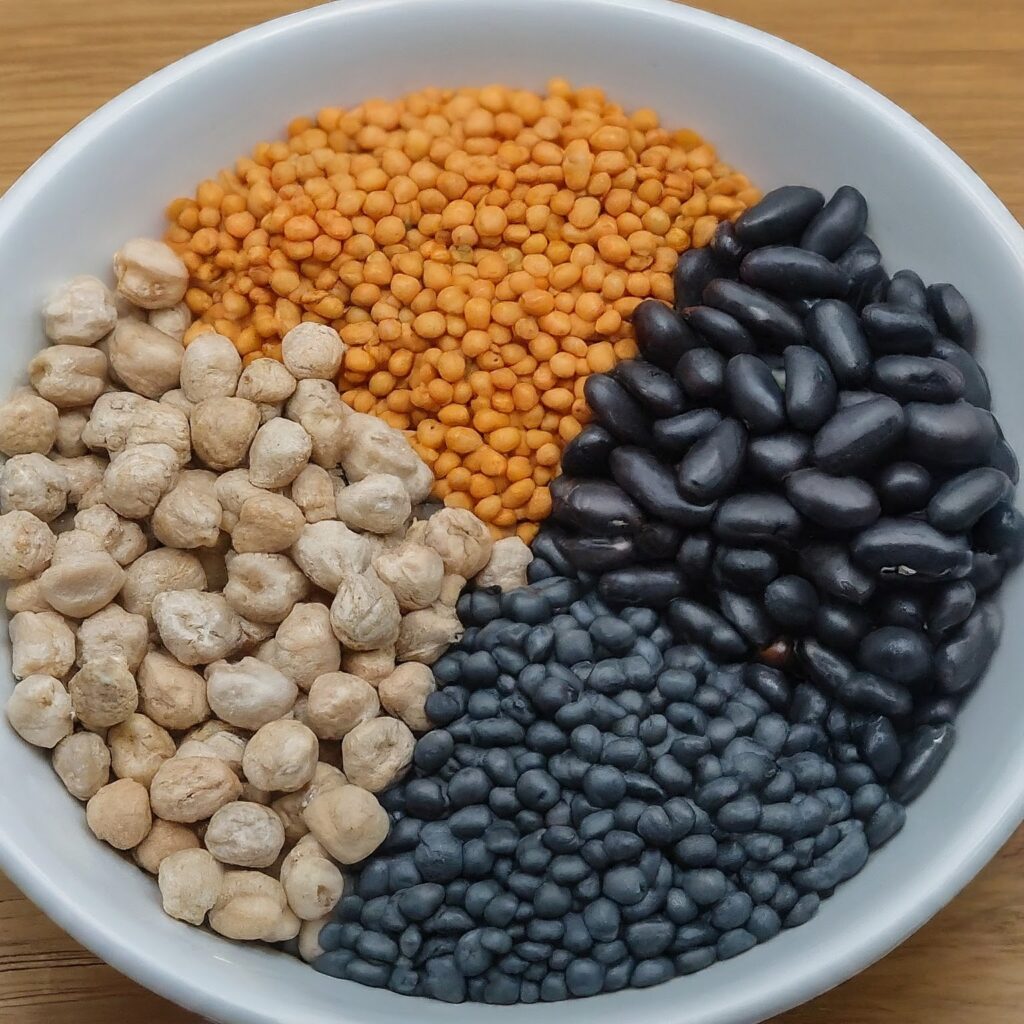
- Whole Grains: Quinoa, brown rice, oats, and barley provide essential nutrients and fiber, making meals more filling and nutritious.
- Vegetables and Fruits: A wide variety of fresh produce ensures a broad range of vitamins, minerals, and antioxidants. Leafy greens, berries, avocados, and cruciferous vegetables are particularly beneficial.
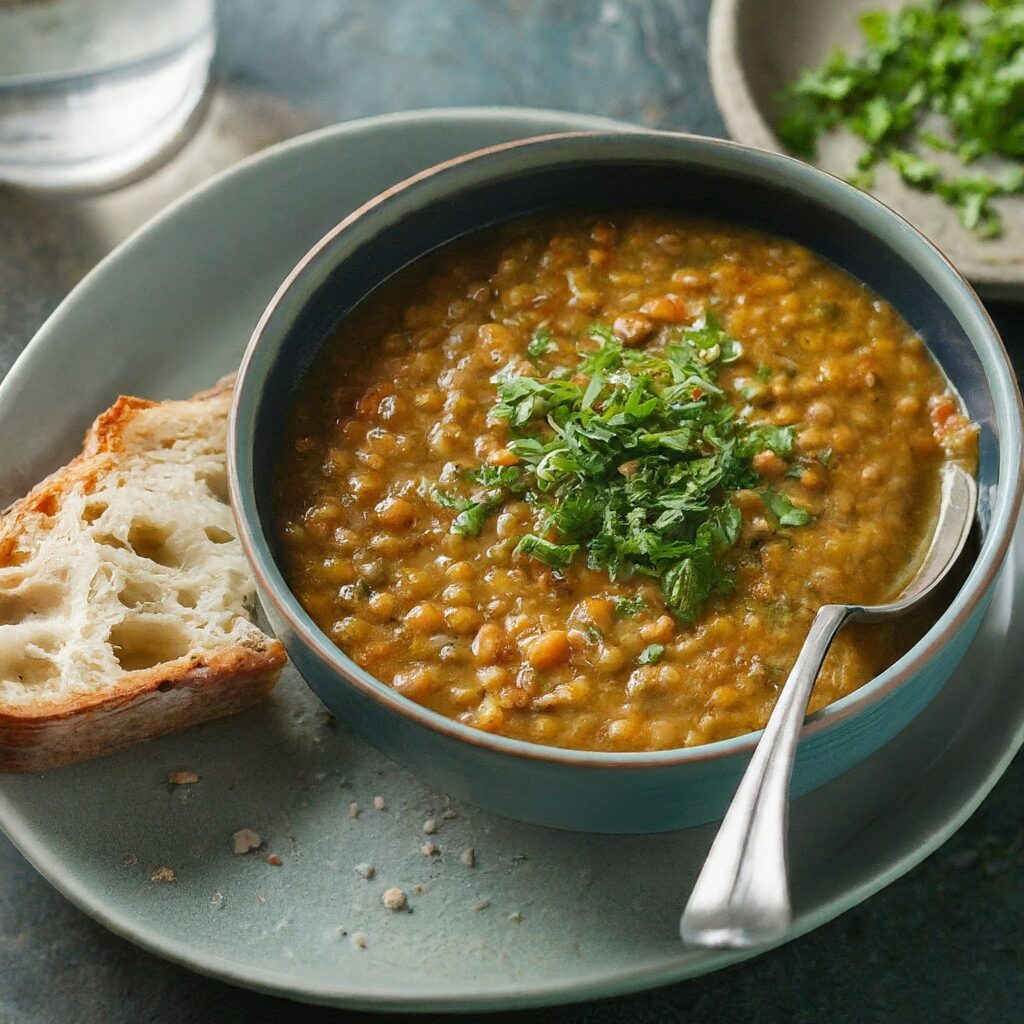
Simple Vegan Recipes
Starting with simple, delicious recipes can make transitioning to a vegan diet enjoyable and accessible:
- Smoothie Bowls:
- Blend a combination of frozen fruits (such as bananas and berries) with a splash of plant-based milk.
- Pour into a bowl and top with fresh fruit, granola, nuts, and seeds.
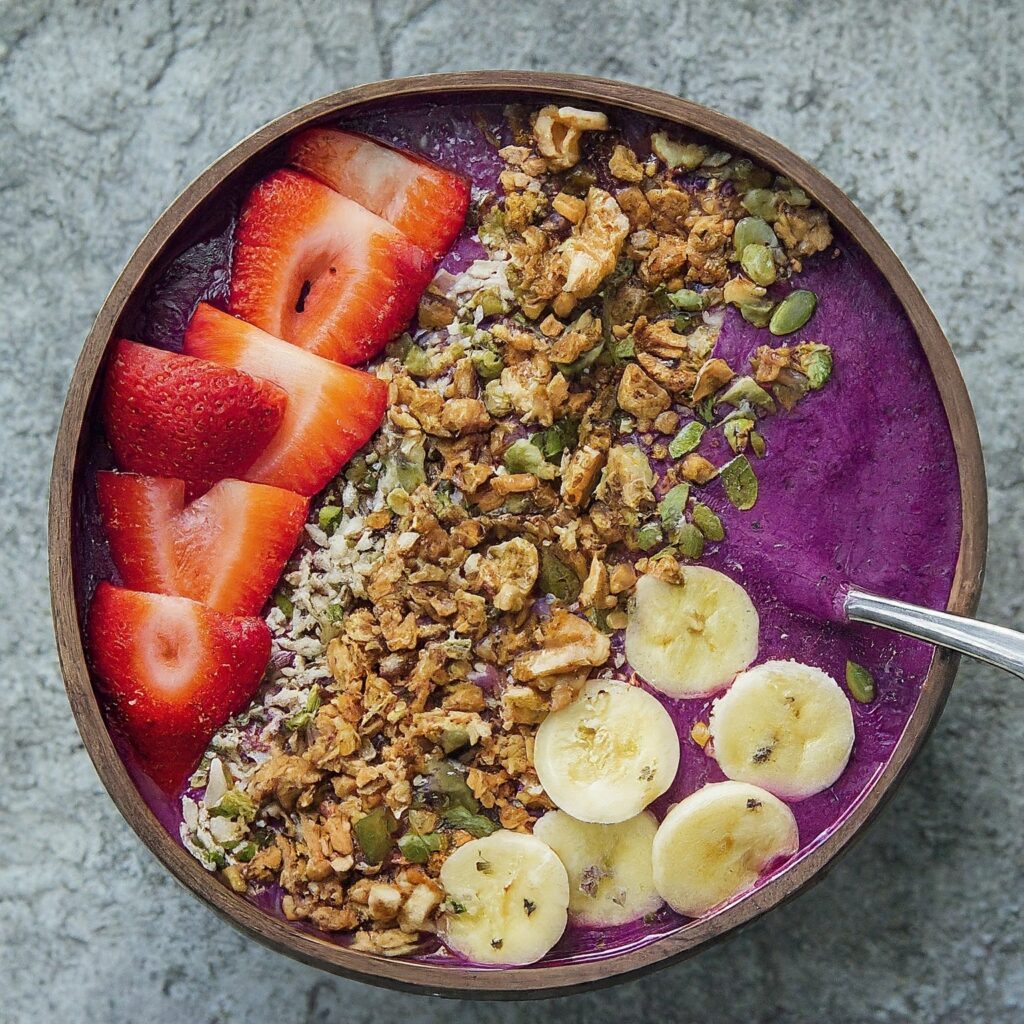
- Vegan Tacos:
- Fill soft tortillas with seasoned black beans or lentils, fresh vegetables like lettuce, tomatoes, and avocado, and a dollop of vegan sour cream or salsa.
- Top with cilantro and a squeeze of lime.
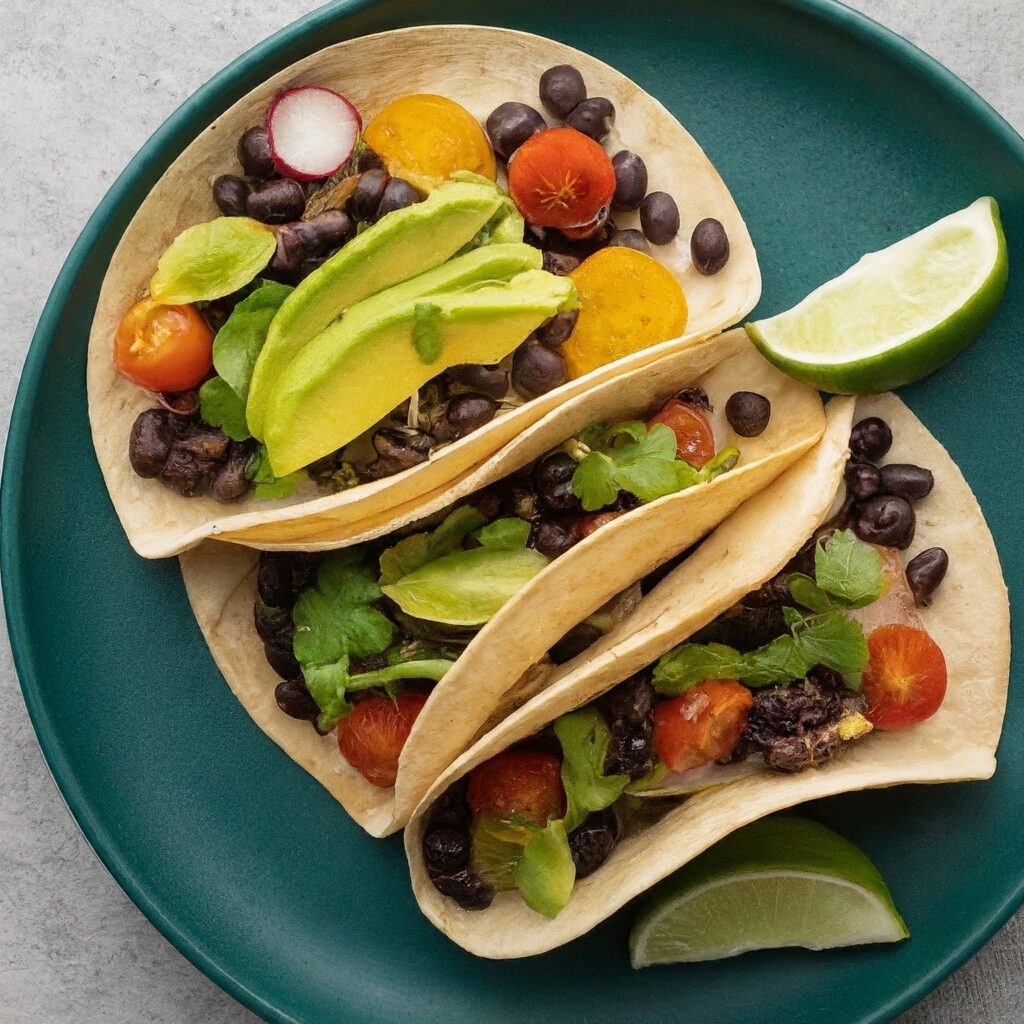
- Lentil Soup:
- Sauté onions, carrots, and celery in olive oil until soft. Add garlic, cumin, and paprika.
- Stir in lentils, vegetable broth, and diced tomatoes. Simmer until lentils are tender.
- Season with salt, pepper, and fresh herbs before serving.
Tips for Transitioning to a Vegan Diet
- Start Slowly: Transition at your own pace. Begin by incorporating more plant-based meals into your diet and gradually reducing animal products.
- Educate Yourself: Learn about vegan nutrition to ensure you’re getting all the necessary nutrients. Consider reading books, blogs, and joining online communities.
- Explore New Foods: Be open to trying new ingredients and recipes. Experimenting with different cuisines can make vegan cooking exciting.
- Meal Prep: Plan and prepare your meals in advance to avoid the temptation of non-vegan fast food. Batch cooking can save time and ensure you always have a vegan meal ready.
Common Challenges and How to Overcome Them
- Cravings: If you miss certain foods, find vegan alternatives. There are vegan versions of cheese, meat, and even ice cream that can satisfy your cravings.
- Social Situations: Communicate with friends and family about your dietary choices. Offer to bring a vegan dish to gatherings or suggest restaurants with vegan options.
- Nutritional Concerns: Ensure you’re getting enough protein, iron, calcium, and vitamin B12. Incorporate a variety of plant-based foods and consider taking supplements if needed.
Nutritional Considerations
Maintaining a balanced vegan diet requires attention to certain nutrients:
- Protein: Ensure adequate intake from sources like tofu, tempeh, legumes, and quinoa.
- Vitamin B12: Since B12 is not naturally found in plant foods, consider fortified foods or supplements.
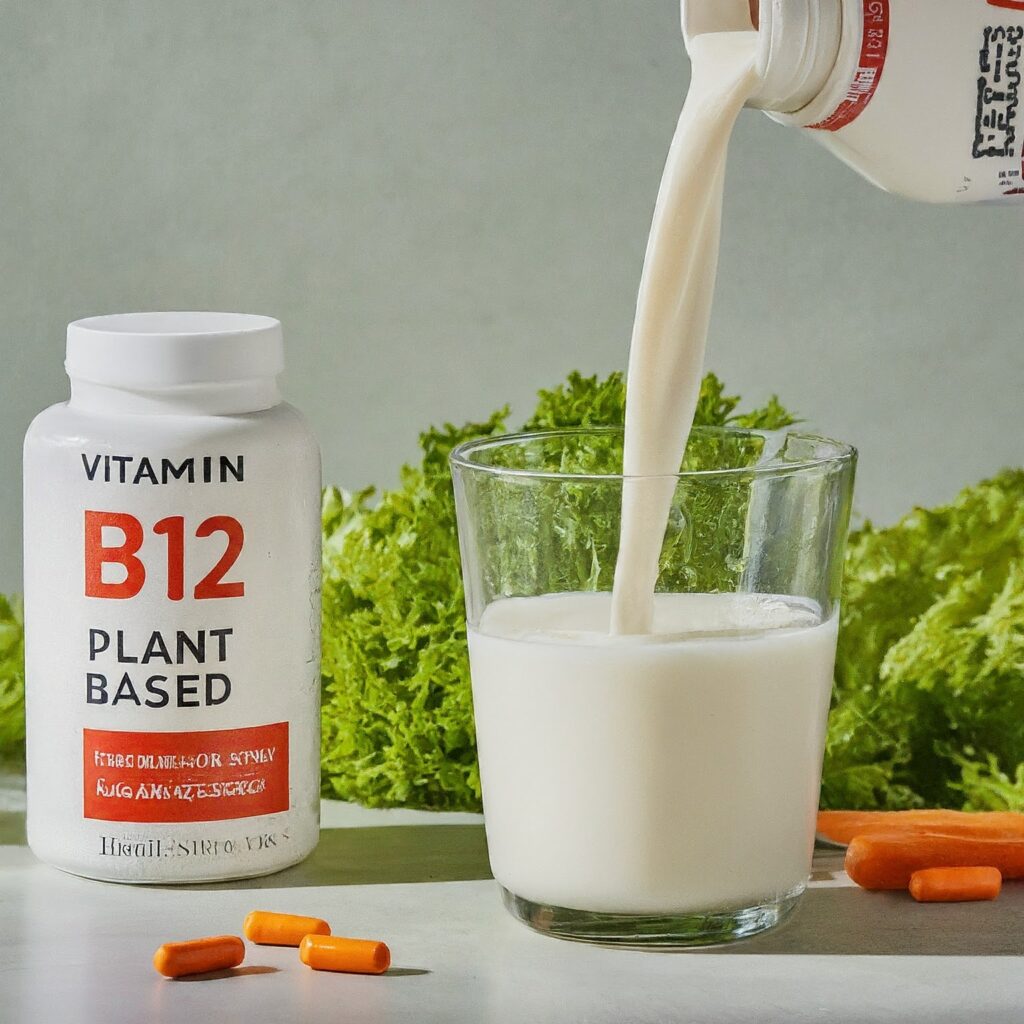
- Iron: Consume iron-rich foods like lentils, chickpeas, and spinach, and pair them with vitamin C-rich foods to enhance absorption.
- Calcium: Obtain calcium from fortified plant milks, tofu, almonds, and leafy greens.
- Omega-3 Fatty Acids: Include flaxseeds, chia seeds, hemp seeds, and walnuts in your diet.
Transitioning to a vegan lifestyle can be a rewarding journey that benefits your health, the environment, and animal welfare. By starting with simple recipes and gradually expanding your culinary repertoire, you can enjoy the diverse and delicious world of vegan cooking.
